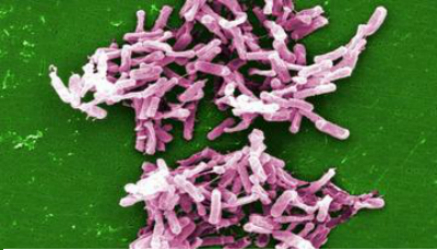Physicians use fecal transplants to treat certain intestinal infections, but the procedures recently came under strict regulations, with the Food and Drug Administration managing the transplants as though they were a drug treatment.
This regulation has made it harder for patients to receive fecal transplants, and in a new paper, some researchers are calling for the transplants to instead be regulated as a tissue, akin to blood donations.
The raw material for fecal transplants isn’t hard to come by, and so in the face of what some see as current over-regulation, an underground market for the transplants will likely spring up, the researchers argued today in the journal Nature.
At the same time, they said, more research is needed on the long-term effects of fecal transplants.
Regulating fecal transplants as a tissue may allow for better research on their possible uses in treatments, while protecting patients from harm, the researchers, from MIT and Brown University, wrote.
“I think regulating it as a tissue product would both provide access as needed and the research that could bring some pretty exciting new treatments on the scene,” said Mark B. Smith, an author of the article and a doctoral candidate at MIT.
Fecal transplants have been tested since the 1950s, and last year the first randomized controlled trial showed a strong benefit in helping patients with recurrent C. difficile, a bacterial infection that causes painful diarrhea, often following the use of antibiotics, and kills 14,000 people yearly in the United States.
But following the treatment’s success, some doctors began offering fecal transplants for other conditions as well — including those for which any potential benefit remains unproven. The FDA took action in 2013, regulating the treatment, but also granting an exemption for its continued use in patients who had C. difficile infections. This use would not require special permissions.
However, the result may be a case of both under- and over-regulation, today’s editorial argues. While medical societies have issued guidelines for using the treatment, there are no hard and fast rules for screening fecal matter, as there are with blood donations.
Source: Huffington Post


